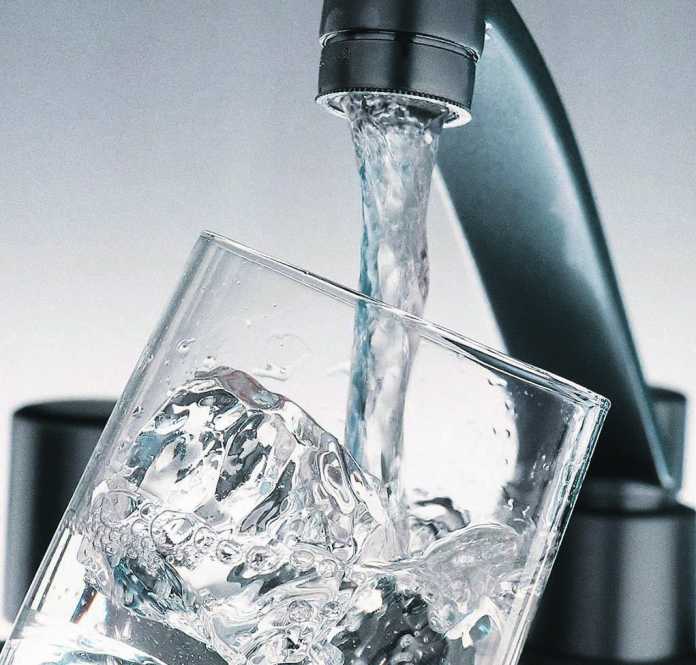by Alan Jacques
alan@limerickpost.ie

That was the message from Irish Water to local councillors this week when the company explained its plans to run a pilot orthophosphate treatment programme in Limerick.
Irish Water officials briefed public representatives this Monday on their plans to reduce lead levels in the city’s drinking water supply. A proposed pilot programme in partnership with the Council, will see an orthophosphate treatment plant added at Limerick City Water Treatment Plant.
The programme has the approval of the Health Service Authority (HSE) and Environmental Protection Agency (EPA).
According to Irish Water, orthophosphate is a food grade product, normally used in the food and beverage industry, and is safe for human consumption. They claim there is 500 times more phosphorus in a glass of milk than there is in a glass of water that has had the chemical added to it.
Irish Water also makes out that the average person takes in between 1,000 and 2,000 milligrammes of phosphorus daily, and the amount which would relate to water treated with orthophosphate would be three milligrammes.
Head of asset management at Irish Water, Jerry Grant, maintains that orthophosphate treatment addresses the public health objective in reducing the level of lead dissolved into water passing through lead pipework.
“By doing so, it’s possible to reduce lead consumptions levels in a safe way and I would like to reassure people in Limerick that what we are proposing to do is safe. This is not a new method of reducing lead levels. It is, in fact, already being done in many countries for many years,” Mr Grant explained.
“One other key element of this pilot programme is to study the environmental effect of its introduction in Ireland. Our expectation, based on the experience in other countries, is that orthophosphate treatment will continue as a mitigation measure for as long as lead pipes remain in properties.
“Limerick was chosen as the pilot project because of the high level of properties with lead service pipes and also because the waste water is not discharged into an inland fresh water river or waterway”, he said.











